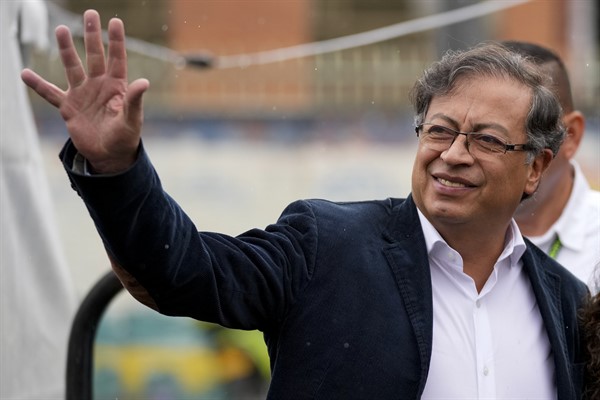When Colombians went to the polls Sunday to choose a new president, both choices on the ballot meant change and more than a little uncertainty about the future. It’s no surprise, then, that now that the results are in, Colombia finds itself on edge, teetering between high expectations and high anxiety.
The victory by Gustavo Petro, a former mayor of Bogota who once belonged to a radical leftist urban guerrilla movement, was above all a forceful rejection of the status quo. Petro promises profound change but speaks with the well-honed rhetoric of a smart, polished politician who has spent years as a legislator. Now that he is slated to be inaugurated in August, he knows he needs the support of the entire country, its business community and even foreign investors to have a successful presidency.
It’s hardly a mystery why Colombians were ready for change. They were already tired of enduring, grinding poverty and stubborn inequality by the time the coronavirus pandemic hit in 2020, making those humiliating scourges even worse. Around 40 percent of the population lives in poverty, and millions go hungry every day. The dominant forces in this election were anger and hunger.

